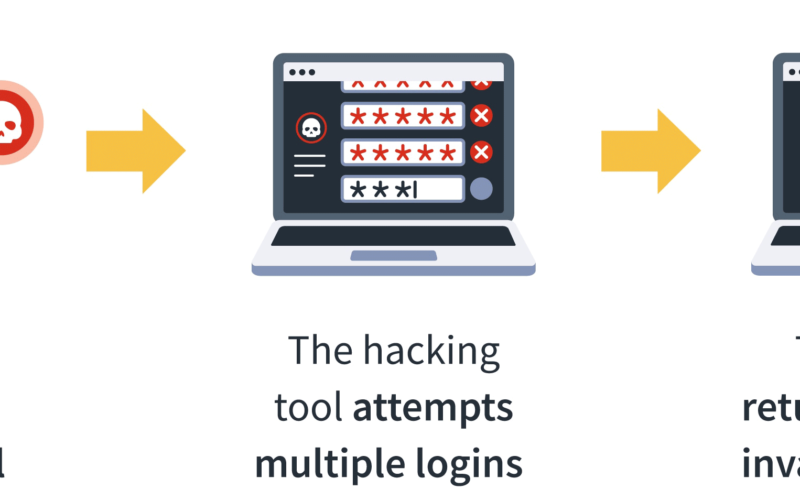In recent years, ransomware attacks have become increasingly common and have posed a major threat to businesses and individuals alike. Ransomware is a type of malicious software that encrypts data on a computer or network, preventing users from accessing their files until a ransom is paid. While ransomware attacks can be devastating, there are steps you can take to protect yourself from becoming a victim.
What is Ransomware?
Ransomware is a type of malicious software that is designed to encrypt data on a computer or network, preventing users from accessing their files until a ransom is paid. In most cases, the attackers will demand payment in the form of cryptocurrency, such as Bitcoin. The attackers may also threaten to publish or delete the data if the ransom is not paid.
Why Are Ransomware Attacks on the Rise?
Ransomware attacks are on the rise due to several factors. First, the cost of launching a ransomware attack is relatively low, making it an attractive option for attackers. Additionally, attackers can target a large number of victims at once, increasing their chances of success. Finally, ransomware attackers often use social engineering tactics to trick users into downloading the malicious software, making it difficult to detect.
What Can You Do to Protect Yourself?
Fortunately, there are steps you can take to protect yourself from becoming a victim of a ransomware attack. First, you should ensure that your computer and network are up to date with the latest security patches and antivirus software. Additionally, you should be wary of suspicious emails and attachments, as these are often used to deliver ransomware. Finally, you should back up your data on a regular basis, as this will allow you to recover your files if they become encrypted.
TL;DR
Ransomware attacks are becoming increasingly common, and they can have devastating consequences. However, there are steps you can take to protect yourself from becoming a victim. By taking the necessary precautions and staying alert to suspicious emails and attachments, you can help ensure that your data remains secure.



